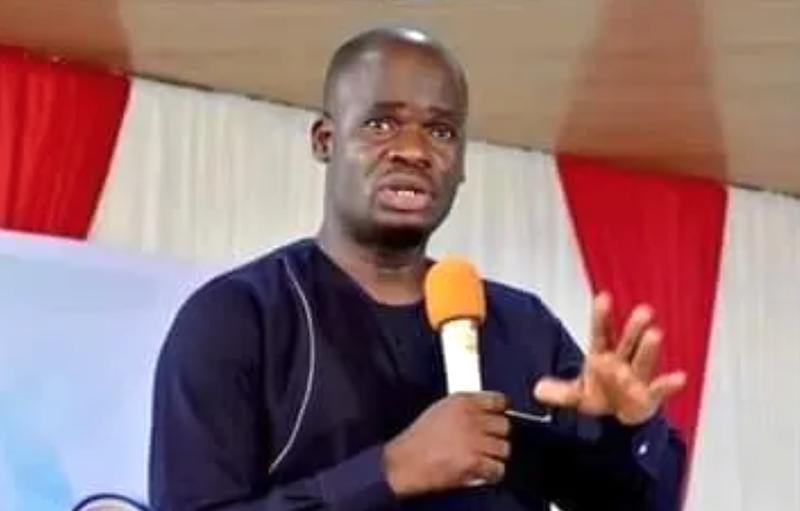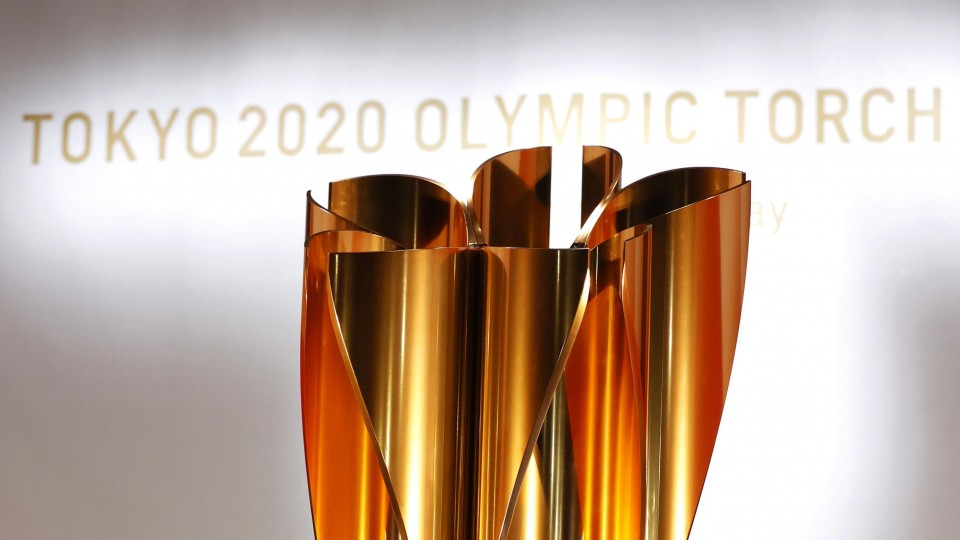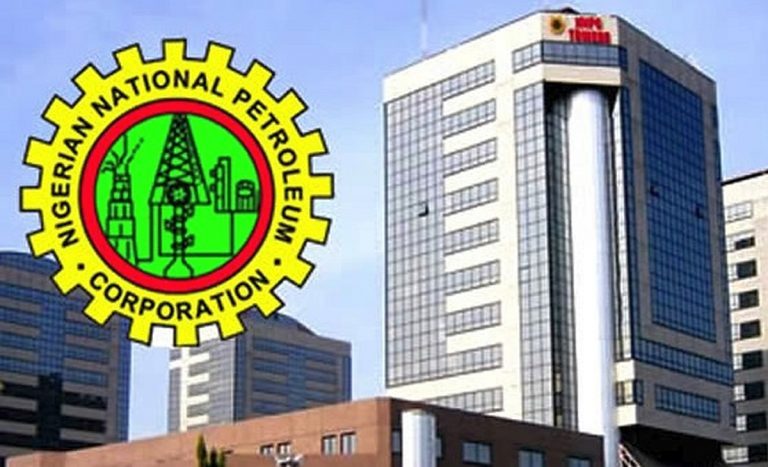By Sunny Awhefeada
The month of April has been romanticized in literature and mythology as the beginning of rebirth. The month enjoys the archetypal character of hope embedded in renewal and geographers who tell about seasons configure it as the beginning of spring. The essence of April as the month of rebirth also finds validation in Christianity as it is also the month of Easter which celebrates the resurrection of Jesus Christ whose death and raising up consolidate the hope of humanity’s salvation.
So, whether it is literature, mythology, geography or religion, April symbolizes renewal, rebirth, promise and hope among other wholesome significations. The typology of April dwells in many poems as inspiring optimism and only in T. S. Eliot’s The Wasteland did he jolt us with the line “April is the cruelest month” to portray the much idealized month as provoking sad memories of the enacted cycles of human tragedy especially in a world that had lost her soul where, as the Irish poet W. B. Yeats puts it, “the falcon cannot hear the falconer”. In his 2005 blockbuster movie titled Sometimes in April, based on the Rwandan genocide, the Haitian filmmaker, Raoul Peck, frames the month of April as not only the month the dastardly act began, but also the month of revelation, realization and healing as occasioned by the trial of those involved in the human carnage.
As I write from a location that is losing its innocence to encroaching modernity accelerated by urbanization and population explosion, I am constrained to compare the April of today to that of thirteen years ago when my family relocated to this location. The apparent difference between the refreshing April of 2011 and that of the not too refreshing April of 2024 is unmistakable. The rains are here after the parched months that ran from last November till March. Those five months were hot and tortuous as they had always been year in year out except for occasional spells of harmattan. The intensity of the heat, the death of the vegetation depicted in withering crops and trees, bush burning, scarcity of food and water all create heightened anxiety that people began to cry for April to come. The frazzled landscape finds correlation in ennuied human beings. Both entities then hopefully expect the showers of April. And when they come, the landscape and humanity rejoice. The showers sometimes small sometimes heavy usually leave the earth with a cool sensation and make the air fresh and healing. The effect of the showers on the vegetation soon manifests in a matter of days in the re-greening of hitherto dead and dying crops. Trees, grass and flowers spring to life looking lushly verdant and once again swaying to the danceable song of the wind. The birds in different colours find their voices and also take over the sky in celebration. The streams flow again and newness is breathed upon our world.
The world or better framed, every nation metaphorically has her “April” during which they experience a rebirth, a redirection in the quest for greatness. Such moments often come after years of derailment manifesting in socio-economic and political malaise. The climax of such years of the locusts often result in the people coming together to resist the virulent order and insist on charting a new course for their country. Such an “April” was never endowed by nature or providential force. It has always been the resolve of a people who think that too long a socio-economic cum political winter would lead to eternal perdition. So, such a people would take their destiny in their hands and create their “April” of hope and renewal. There were times such attempts failed, but many instances of successes abound. All great nations of the world reached that juncture and did what they needed to do to get salvaged. Such a moment offered them a turning point and prodded them on the ever forward path of progress.
Our beloved country Nigeria is inching towards sixty-four years as an independent nation and it is now apt to ask the question “when is Nigeria’s April?” Is our April near? Is it distant? Is it a mirage? Has it eluded us? For those who do not know, the initial date proposed for Nigeria’s independence in 1960 was the first day of April. However, it was deferred till the first of October of that same year. Could it be that that shift made our “April” to elude us? Nigeria has had many attempts at renewals and rebirths through both democratic and undemocratic means. The latter occasioned by the many coups d’etat that plagued the country and hobbled her development. Could it be a coincident or deliberate act that none of these attempts occurred in April and that the only one that so did, the Orkar coup of 22 April 1990, was brutally crushed with the actors executed by firing squad? The closest act of renewal that is near April that we have had in our national evolution is the transition date of 29 May that has been sustained since 1999. It was near April, but it wasn’t April.
Nigeria has never had her “April”. Nigeria has never had a rebirth. Each attempt at a rebirth was always subverted. The nationalists who fought for and won independence subverted themselves and in less than six years, Nigeria was thrown into chaos by their unpatriotic and unnationalistic acts. The soldiers who took out the nationalist-leaders were misguided and badly subverted their own attempt at rebirth. The end of the civil war from 1967 to 1970 was supposed to usher in a rebirth that held the promise of greatness. Sadly, General Yakubu Gowon whose responsibility it was to lead the nation toyed with the opportunity, the nation floundered and he was overthrown. His successor, the repentant General Murtala Mohammed, became a victim of karma when he was visited with the same fate he meted on General J. T. U. Aguiyi-Ironsi ten years earlier. Murtala was felled by the same soldiers he used to kill Aguiyi-Ironsi. To be fair to him, he set out to endow Nigeria with a rebirth, but karma didn’t let him.
The Second Republic led by President Shehu Shagari missed many opportunities of rebirth. That republic reinvented the ills that led to the collapse of the First Republic. The soldiers intervened, banished any thought of “April” and the country was under draconian military rule for sixteen years. The soldiers were benighted, greedy and phenomenally unpatriotic. They denigrated the nation and amputated the hope of the citizens. In fact the soldiers killed “Hope ‘93” by annulling the presidential election of June 12, 1993.
The ills that plagued the nation got consolidated and became inveterate impediments to national development. The soldiers were eventually chased out of power in May 1999. That incident which culminated in the transition to civil rule turned out to be a will o’ the wisp that took us to the past. Since 1999, we have had political mongers of “change” that brought us no change, but the entrenchment of old vices. We have had peddlers of “renewed hope” that have brought us nothing but crushing hardship and disillusionment. As the rains return this year and shower the earth with “showers of blessings”, Nigerians remain disillusioned waiting in seeming hopelessness for the genuine rebirth that will liberate our country. As the trees, grass, flowers get re-greened, as the birds joyously fly and sing and the streams flow again, when is Nigeria’s April?





